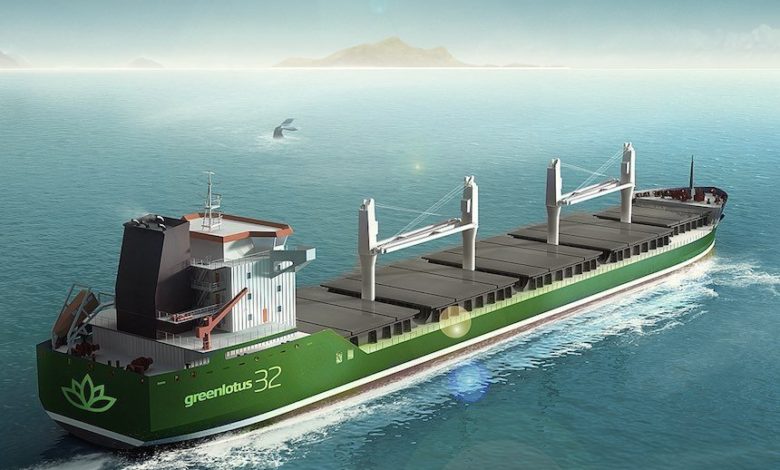IMO’s 2020 sulphur cap divides the industry

News from the IMO yesterday that a 0.5% sulphur cap will be instituted for shipping worldwide by 2020 has drawn comments from across the world.
Diane Gilpin, regular Splash contributor and founder of the Smart Green Shipping Alliance said: “It’s excellent to see IMO embracing the critical importance and urgency of environmental legislation. It’s crucial this ambitious mindset also applies to setting a clear goal for CO2 reductions.”
News on CO2 and ballast water is expected later today as the final day of MEPC70 wraps up.
Bill Hemmings, shipping director at NGO Transport & Environment, said: “This is a landmark decision and we are very pleased that the world has bitten the bullet and is now tackling poisonous sulphuric fuel in 2020. This decision reduces the contribution of shipping to the world’s air pollution impact from about 5% down to 1.5% and will save millions of lives in the coming decades. Now the focus should shift towards implementing this decision, which is a big issue since it’s not yet clear who should police ships on the high seas, and how.”
Esben Poulsson, chairman of the International Chamber of Shipping, told Splash: “We pressed very hard for a decision and we will now work with the industry to push it through.”
Shipowning body BIMCO, which stood out in the run up to MEPC70 as being a vocal proponent of delaying the sulphur cap date, said it would now work to ensure a smooth phase in of this cleaner fuel era.
BIMCO deputy secretary general, Lars Robert Pedersen, told Splash: “We noted the concerns raised by a number of IMO member states about availability of fuel oil in some regions of the world and the ability of their refineries to respond adequately. BIMCO recognises that the global sulphur cap implementation is about transition and would have been equally challenging either in 2020 or 2025. The transitional issues have been highlighted and we continue to hold the view that this will not be a ‘walk in the park’. The decision by the MEPC does not change this view.”
The BIMCO senior executive added: “The years leading up to 2020 must now be used effectively to alleviate the consequences of the unprecedented disruptive change in supply of marine fuels by 1 January 2020 and ensure a continued level playing field in the industry.”
Diego Aponte, president and CEO of shipping giant MSC, warned the new regulation would need to be paid for by customers.
“We are mindful of the challenges involved in achieving full compliance, particularly when the industry is facing some exceptionally difficult times,” Aponte commented.
MSC estimates additional fuel costs of approximately $2.025bn on an annual basis. Industry estimates suggest overall costs to the container shipping lines will be in the region of $35bn to $40bn.
“This amount of money simply cannot be absorbed by MSC, nor any company for that matter. Today, transport costs account for less than 1% of the price consumers see in the stores, so in a global economy, it is necessary for all of us as consumers to contribute to a healthier supply chain.”
Finally, a report by UBS analyst Spiro Dounis suggested the cap date could quicken the pace of scrapping.
“By 2020 shipowners will be faced with a decision: pay more for fuel or install equipment to abate sulphur emissions,” the analyst wrote. “In our view, this ruling could accelerate the scrapping of older vessels later this decade, which is good news for vessel supply.”
